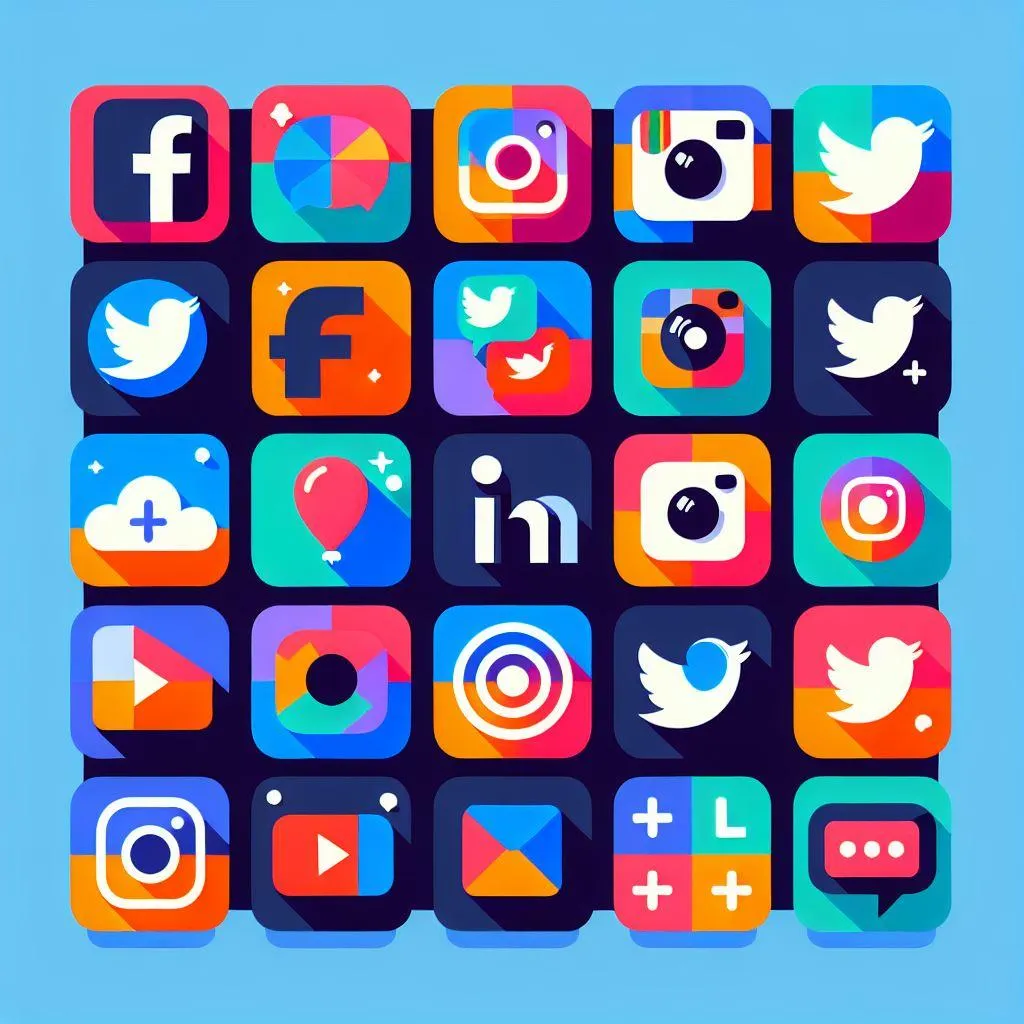
Top 10 Mobile App Security Tips Every User Should Know
Mobile apps have become the lifeline of modern digital life. From banking and shopping to chatting and streaming, we rely on them for just about everything. But with convenience comes risk. Many apps—yes, even the ones you use every day—may expose you to security threats like data breaches, malware, or unauthorized access.
According to 2024 research from Asee, over 75% of mobile apps contain at least one security vulnerability. That means three out of four apps could potentially put your data at risk. And it’s not just the unknown ones—even apps with millions of downloads aren’t immune.
So, what can you do to stay safe? Let’s break down ten essential tips that can help protect your personal information and give you peace of mind.
Why You Should Take Mobile App Security Seriously
Security flaws aren't just limited to shady or lesser-known apps. In fact, business apps are three times more likely to leak login credentials, and even popular downloads can carry vulnerabilities.
Cybercriminals can exploit anything from unsecured Wi-Fi to excessive app permissions to gain access to your data. Fortunately, a little awareness and a few simple habits can go a long way.
10 Mobile App Security Tips You Should Follow
1. Download Apps Only from Trusted Sources
Stick to the official app stores—Google Play Store or Apple App Store. These platforms vet apps for security, unlike third-party sites that may host malicious or fake versions. Avoid downloading APK files or apps from unknown sources unless you absolutely trust the developer.
2. Check Ratings and Read Reviews
Before installing an app, take a quick look at user reviews and ratings. If you notice repeated complaints about bugs, suspicious behavior, or security issues, it’s best to stay away.
3. Review App Permissions Carefully
When an app requests access to your contacts, location, camera, or microphone, ask yourself: Does it really need that to function? If an app demands too many permissions that don’t match its purpose, it could be a red flag.
4. Keep Your Phone’s Operating System Updated
Operating system updates often include critical security patches. By ignoring them, you leave your device vulnerable to known exploits. Turn on automatic updates to stay protected without the hassle.
5. Use Strong, Unique Passwords
Never reuse passwords across multiple apps. Instead, use a mix of letters, numbers, and symbols—and consider a reputable password manager to help keep track. The stronger your password, the harder it is for someone to break into your account.
6. Enable Two-Factor Authentication (2FA)
2FA adds a second layer of security, usually by sending a one-time code to your phone or email. Many apps offer this feature—enable it whenever possible to protect your accounts, even if someone learns your password.
7. Avoid Public Wi-Fi for Sensitive Transactions
Public Wi-Fi is convenient but risky. Hackers often monitor these networks to intercept data. Avoid logging into banking or shopping apps while connected to public hotspots. Use a VPN if you must connect on the go.
8. Log Out When You’re Done
Logging out of apps—especially those related to finance or communication—adds an extra layer of protection. If your phone is lost or stolen, this simple habit could stop someone from easily accessing your private information.
9. Keep Your Apps Up to Date
Just like your operating system, apps need updates too. Developers regularly patch bugs and vulnerabilities, so make it a habit to check for and install updates. Most phones allow you to turn on automatic updates in settings.
10. Use Built-In Security Features
Many apps and smartphones offer biometric security like fingerprint scanning or facial recognition. These features are quick to use and offer an added layer of protection. Don’t overlook them!
Final Thoughts: Protecting Your Digital Life
Securing your mobile apps doesn’t require technical expertise—just a few smart choices and consistent habits. By staying informed, updating your apps, and being mindful of what you download, you can significantly reduce your risk.
Remember: mobile security starts with you. Take these simple steps today and safeguard your digital life for tomorrow.
Got questions or want help improving your mobile app security? Reach out —we're here to help you stay safe in the digital world.